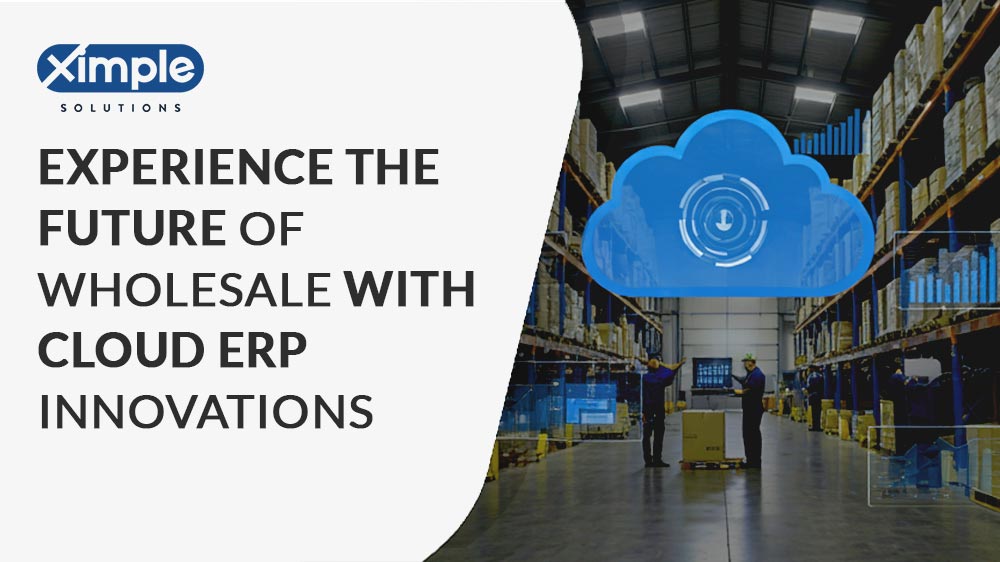Why Cloud ERP is the Future for Wholesale and Distribution
The wholesale and distribution industries have long faced the challenge of managing complex supply chains, handling vast inventories, and ensuring timely deliveries. Enterprise Resource Planning (ERP) systems have been essential in streamlining these operations, but the rise of Cloud ERP is revolutionizing the way wholesalers and distributors operate. This transition is providing businesses across sectors, […]
Read More



